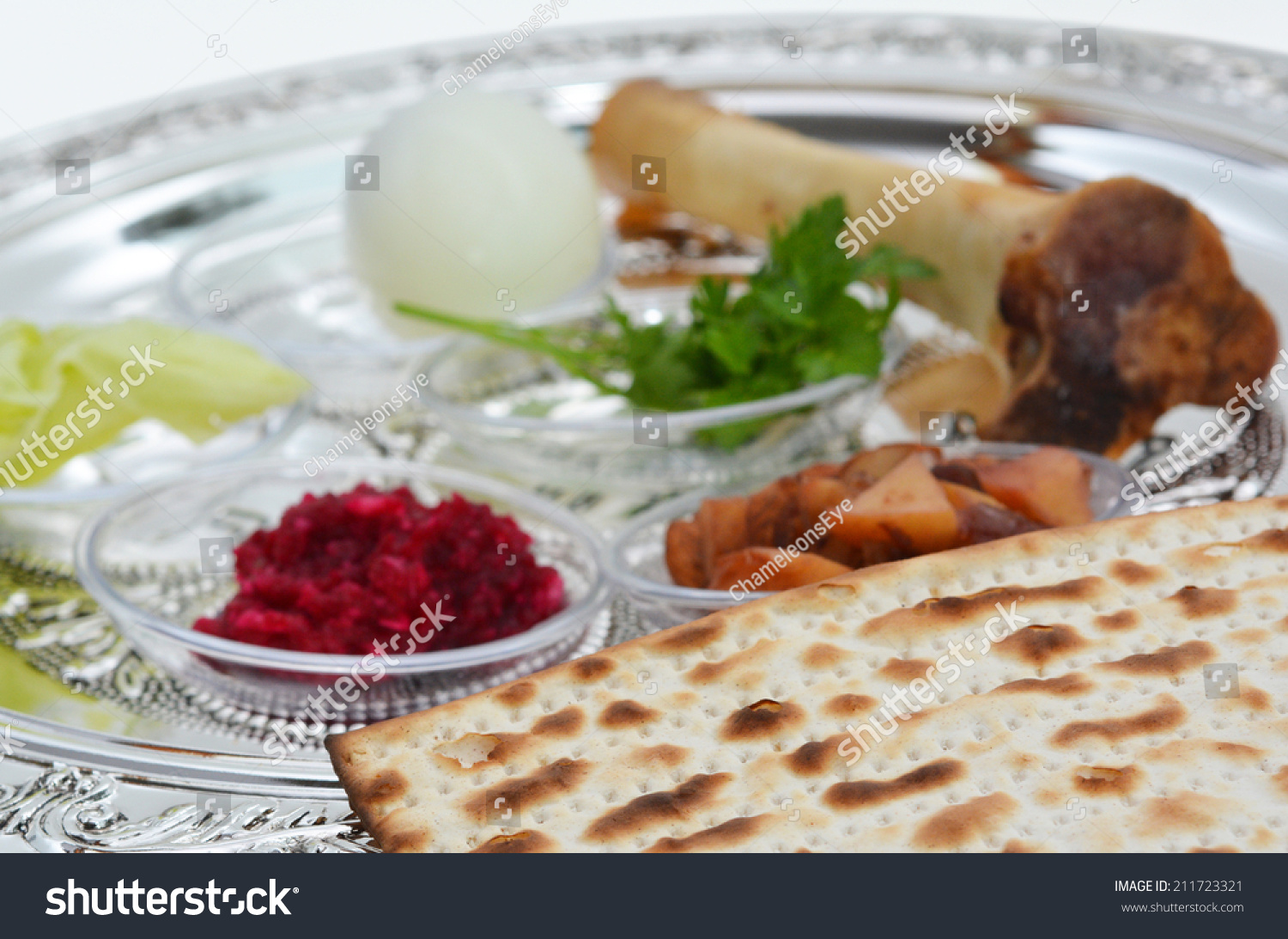Pesach is an expensive holiday.
Together with the Exodus from Egypt, the last pennies exit the purse… Thank G-d, we all hope to spend our money on good things… meat and other delicacies for the holiday, Matzah and wine for Seder night, new clothing and shoes for ourselves and our children, perhaps a fine piece of jewelry, a new toy or anything else which will bring joy to our family.
Kimcha DePischa
Pesach is an expensive holiday.
Together with the Exodus from Egypt, the last pennies exit the purse… Thank G-d, we all hope to spend our money on good things… meat and other delicacies for the holiday, Matzah and wine for the Seder night, new clothing and shoes for ourselves and our children, perhaps a fine piece of jewelry, a new toy or anything else which will bring joy to our family.
But how can we enjoy our purchases, when so many people around us can't afford them? Only if we take care of others at least to the same extent as we take care of ourselves, will we be able to celebrate the holiday in true happiness.
The Rambam instructs us in Hilchot Yom Tov (6:18) to share our holiday meals with the poor, lonely and broken-hearted, adding that neglecting this turns one’s Yom Tov enjoyment into selfish hedonism.
The custom of raising funds for Kimcha DePischa is not only to provide wheat or flour for Matzot, but rather to supply the poor with all their holiday needs, in a lavish, honorable way.
Many charity organizations and communal funds arrange mass food distributions prior to Pesach. These distributions are typically located in parking lots or close to synagogues, and the families are required to come to pick up the goods. Using shopping carts or shaky strollers, the young members of the family try to pile more and more sacks of potatoes, carrots and onions onto their cart. The eggs and grape juice require a separate, delicate trip. Many families do not have children of suitable age; either their children are too young, or they themselves are too elderly, alone or sick to embark on this difficult "shopping" trip. They must therefore forego the benefits of these distributions, just because they have no one to transport the goods for them.
The heads of the Birkat Hashem association took note of these families, understood their distress, and decided to do it differently. In addition to the regular distribution held at a designated location, families can receive shopping vouchers or checks, which they use to purchase exactly what they need in their local supermarket, while benefiting from home delivery service. This program thus combines the classic distribution, as seen in the pictures, with the allocation of shopping vouchers for individualized purchases.
The main advantages of this arrangement are:
